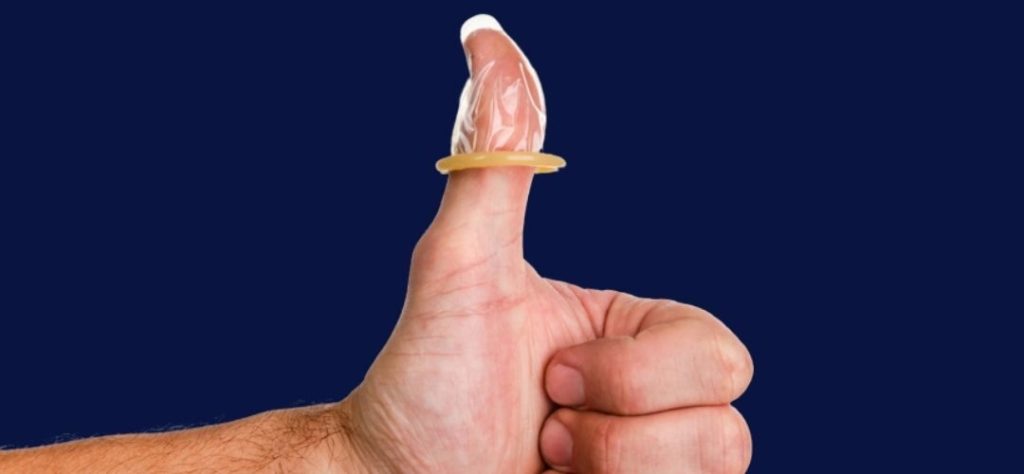
It’s been nearly two years since the U.S. Supreme Court outlawed abortion and left it up to individual states to decide whether or not women should be able to decide what to do with their bodies. The Dobbs decision sent proverbial shock waves throughout the American conscience. For the first time in modern judicial history, a fundamental right was snatched away by a band of elitists who – like most extremists – feel they know what’s best for everyone else.
Now another abortion-related issue has come before the Court: whether mifepristone is legal or not. Basically this medication induces abortion without an individual having to visit a clinic. Recently the U.S. Food and Drug Administration expanded approval of the drug. That incited the ire of Alliance for Hippocratic Medicine, a conservative anti-abortion group that forced the matter onto the plate of the High Court. If the Dobbs decision is any precedent, things don’t look good for mifepristone.
I might have one solution to the overall problem of unwanted pregnancies: tax-free condoms. Even before I entered my teens, my father put the fear of the Almighty into my brain – never trust a girl when she says she’s on birth control. Of course, women should never trust a man when he says she can quit her job because he’ll make her his queen, but that’s a different dilemma.
To many men wearing condoms is comparative to showering while wearing a raincoat. (Points to anyone who has actually heard that firsthand.) But, as we saw with the AIDS epidemic, condoms are a safeguard. Personally I’m tired of hearing men say that birth control is a woman’s responsibility. A real man takes charge of his own birth control.
Unexpected pregnancies present more than a few challenges to an individual female. Children who come into the world unplanned and unwanted often end up being unloved; thus, they often become society’s problem. Two decades ago economists Steve Levitt and John Donohue hypothesized that a reduction in crime in the 1990s was one effect of the 1973 Roe v. Wade decision that legalized abortion nationwide. A strong economy and a greater presence of law enforcement, especially in major metropolitan areas, were also counted as dominating factors. But it was the abortion connection that prompted the most controversy – and greatest outrage. Liberals opined that abortion provided women with greater autonomy over their own health care, while conservatives pointed to a reversal of liberal social policies beginning in the 1980s as the primary reason for a reduction in criminal behavior. Either of these theories bears some truth.
Another interesting result of the Dobbs decision is the sudden rise in vasectomies here in the U.S. Perhaps some men are finally getting the hint that they also have reproductive choices. Institutes from the Cleveland Clinic to Planned Parenthood are noting an increase in vasectomies. It’s both logical and practical.
But I still think eliminating taxes on condoms will provoke younger and/or single men to buy and use them. As of now, I don’t know of any state that maintains this practice, but I still feel it would be worth the trouble. States will garner tax revenue on a slew of other products anyway. I’m fully aware condoms are not a panacea to solve unwanted pregnancies; no form of birth control outside of abstinence is. But, just as with the foolishness of “Just Say No”, abstinence only blanket ideology isn’t reasonable either. Children cost money – as any parent can tell us. They should be a blessing, not a burden.








